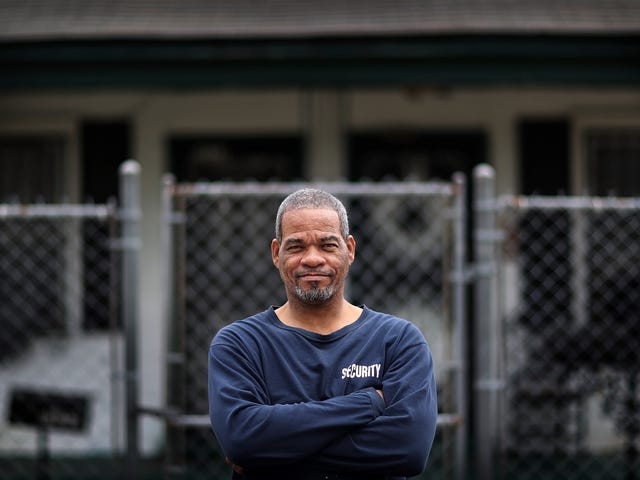 President and CEO Reverend Kenneth S. Robinson, M.D., pens an op-ed on March 15, 2018 as a response to an article printed in The Commercial Appeal on the short lifespan of people living in poverty. Read the full piece below.
President and CEO Reverend Kenneth S. Robinson, M.D., pens an op-ed on March 15, 2018 as a response to an article printed in The Commercial Appeal on the short lifespan of people living in poverty. Read the full piece below.
Last week’s arresting news article by reporter Tom Charlier, “Death By Zip Code“, has drawn the entire city’s attention to what I knew while serving as co-pastor with my wife in the South Memphis 38106 zip code for nearly a quarter century.
It’s no surprise to anyone that the Health Department’s stark data — highlighting the huge disparity in life expectancy across a mere 20-mile span — brings home the reality.
As Charlier’s article noted, studies by Health Department officials found that residents in 38106 were living an average of just 69.01 years as of 2015. That’s the lowest life-expectancy of any area in Shelby County and more than 13 years below the 82.59-year average lifespan in the healthiest ZIP code, 38017, which encompasses Collierville.
We know the problems. We tried to address them all. We were successful at times. We failed at times.
We established high-quality childcare and pre-K education, a nationally accredited charter elementary school, safe and affordable housing for 114 families, financial counseling and homebuyer/owner education, afterschool enrichment programs, athletic ministries, HIV and alcohol and drug counseling, partnership with Memphis Police to reduce gang and gun violence, restoration and renovation of Southside Park, the South Memphis Farmers Market, The Grocer at South Memphis (a healthy food corner store and its demonstration kitchen where healthy cooking classes are taught).
These were all well-designed, funded, developed and implemented to address the social determinants of health, which would increase wellness and prolong life.

So did the vision-driven, mission-minded members of St. Andrew, who supported the work and The Works, our associated community development corporation. The success we had was because of all of them.
We also failed. We failed to attract a full-service supermarket to 38106. We failed to bring comprehensive primary care back into the neighborhood.
More than 1,000 residents of 38106 participated in an unprecedented and groundbreaking grassroots process that produced the South Memphis Revitalization Action Plan. They envisioned a healthy, sustainable community in which to live. Clearly, that vision has not fully come to fruition.
With demographic diversity the data would certainly look different, the statistics would definitely change. But gentrification, alone, is not the answer; and I am absolutely not advocating for the displacement of lifelong South Memphis residents.
The much harder work is to elevate the lives, the life potential and the life expectancy of residents who are indigenous to 38106 — the seniors who’ve lived their whole lives in that Zip code; the children and grandchildren whose futures are tied to that Zip code, the disconnected or “opportunity” youth — particularly the young men — who, without investment in the community and into their lives will continue to languish in that Zip code.
It’s really about a vision: That 38106 will one day be like that Zip code 20 miles to its east, a healthy, sustainable community.
We are building a network of agencies who are “driving the dream” of our neighbors who desire to escape poverty but are destined to die young unless health and human services agencies unite to facilitate their path out of poverty.
Poverty has deep roots. To counter the effects of poverty, which surely include an abbreviated lifespan, will take deep pockets and even deeper commitment. We must keep trying.
